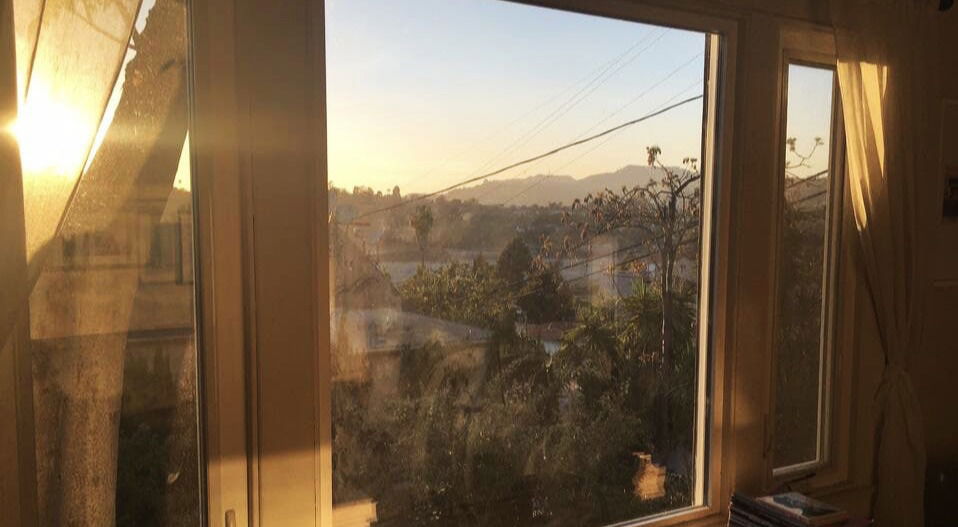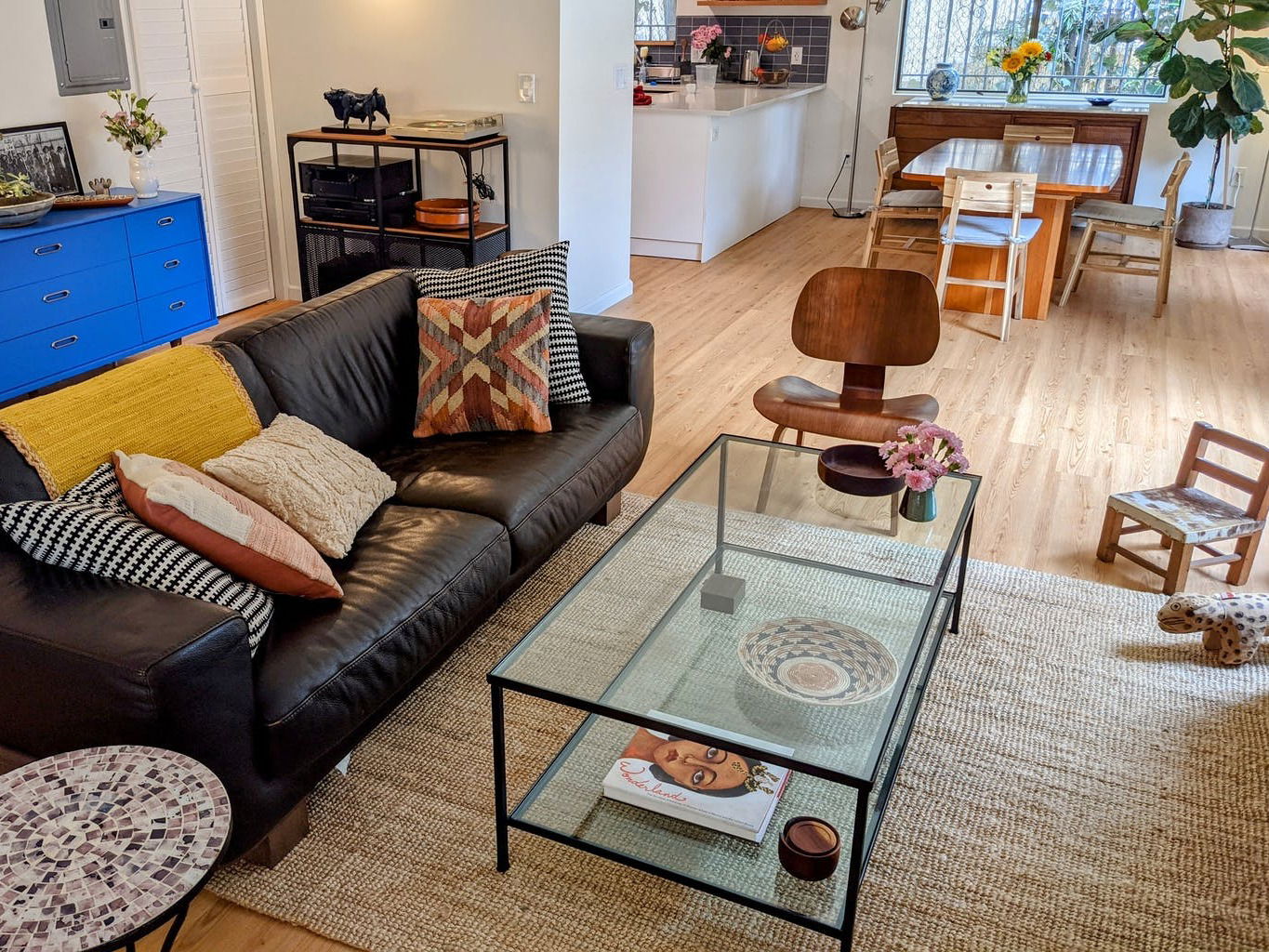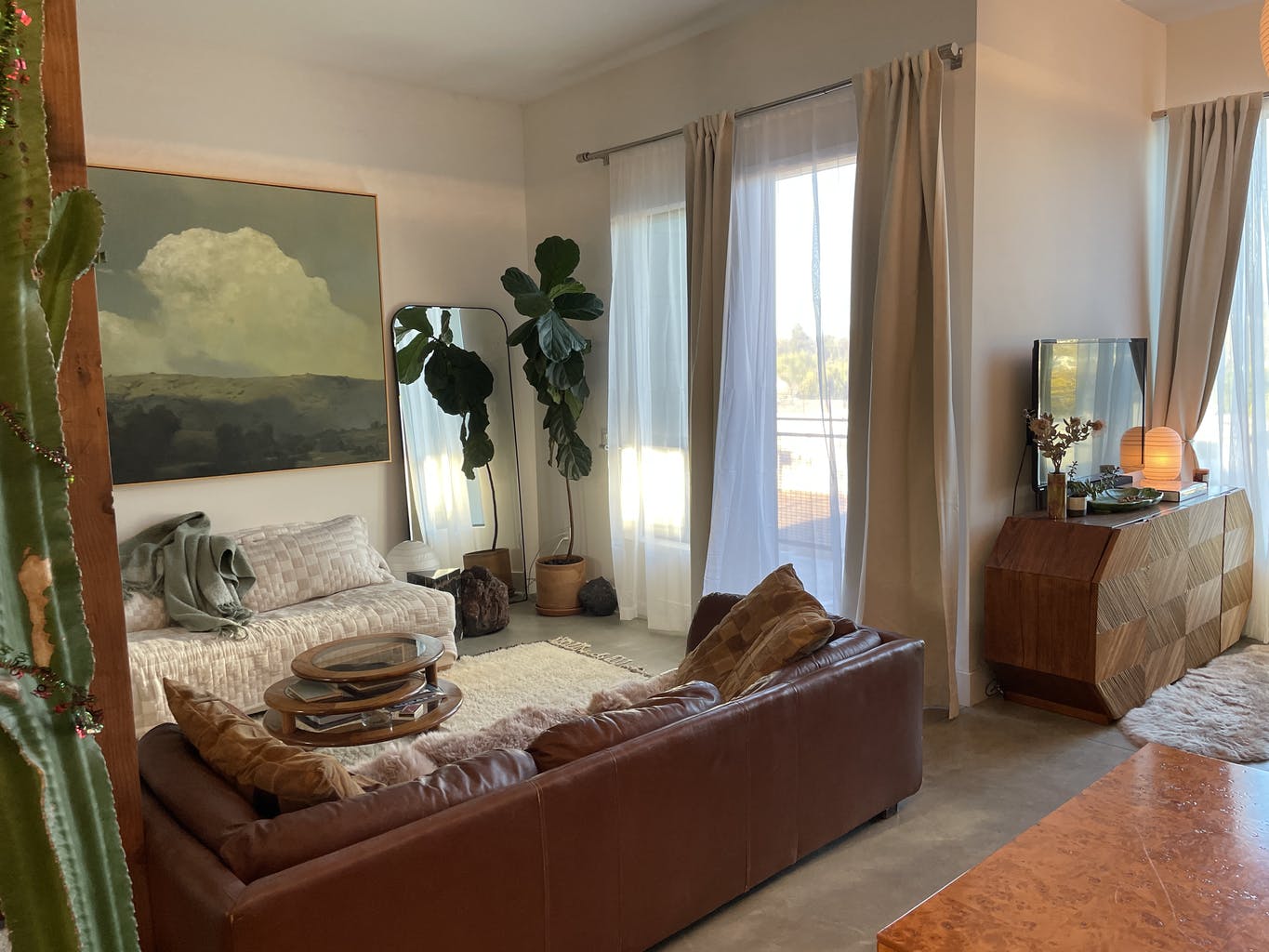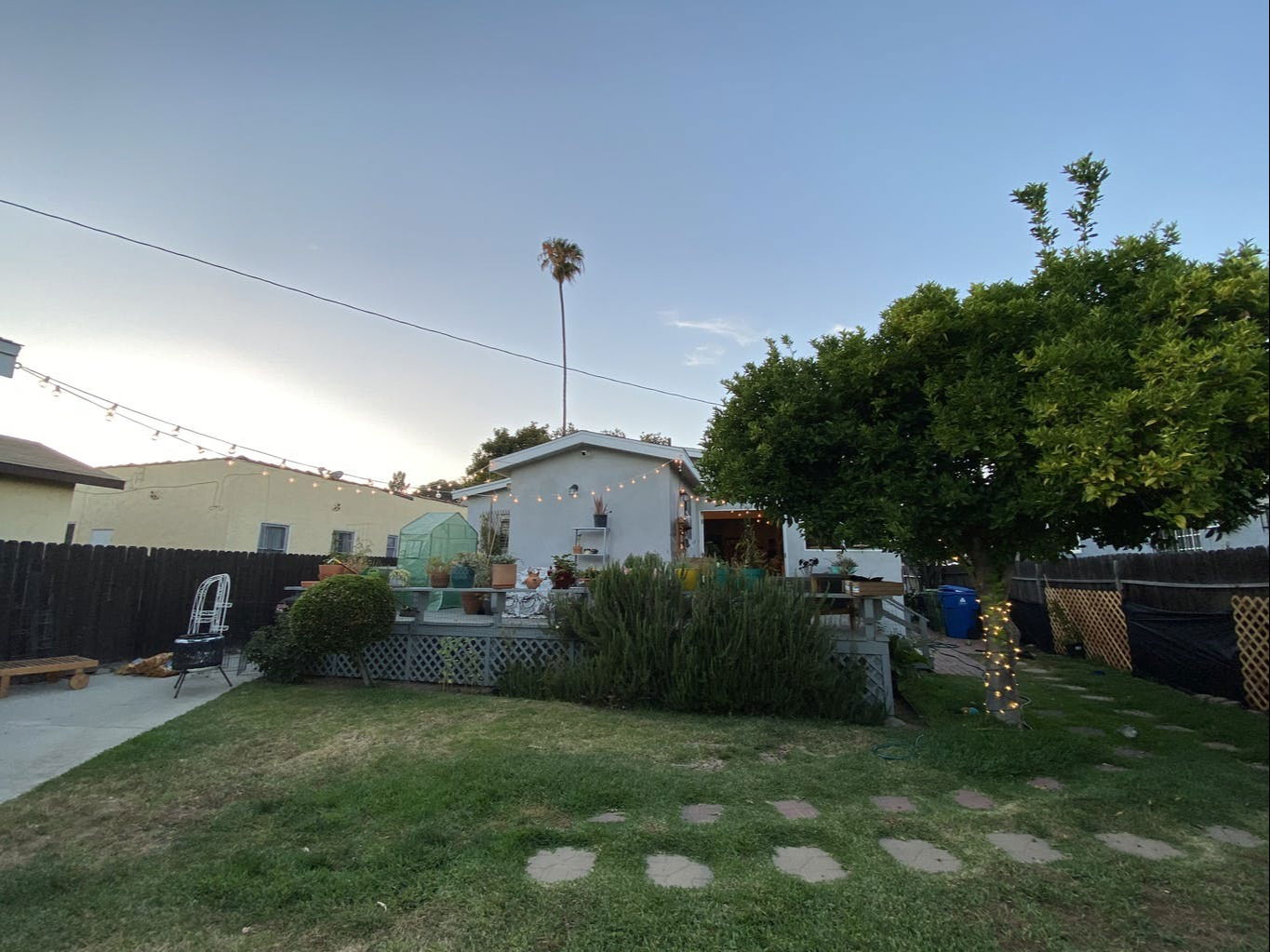

This article was written in collaboration with Clare DiBella, our Administrative and Community Manage.
The exorbitant cost and scarcity of housing in Los Angeles has caused rampant homelessness, poverty and financial stress. Because of the lack of affordable housing in LA, it is critical that tenants and landlords know their rights and responsibilities. To that end, we’ve compiled a list of some of the things you need to know about Los Angeles housing laws. We’ll also share a few resources and organizations who can help you manage any conflict, upheaval or difficulties around your housing. It is our hope that these resources will support listers in navigating the LA housing landscape.
Los Angeles Rent Stabilization
Understanding Los Angeles Area Rent Stabilization
Los Angeles County Rent Stabilization Ordinance (RSO) is a local law in unincorporated LA County that limits rent increases above the allowable limit within a 12-month period, and provides “just cause” eviction protections for most residential rental units. There are two categories of protections under the County’s RSO: fully covered units and partially covered units. In partially covered units, tenants are only protected from evictions without “just cause.” Most rental units in unincorporated LA County are at least partially covered. To find out if a rental unit is in unincorporated Los Angeles County visit the Los Angeles County Registrar-Recorder/County Clerk website, select “District Lookup by Address” and type the number and street name of the rental unit. If you live in a municipality in the LA area like Santa Monica, West Hollywood, Beverly Hills, Inglewood, or the city of Los Angeles, you may be protected from rent increases by specific municipal rules. If you need additional support determining if your unit is rent-stabilized, the Los Angeles Times has a useful guide for that.
Handling Violations of the Rent Stabilization Ordinance
If a landlord or tenant has violated the RSO, contact the Rent Stabilization Program at 833-223-7368 or via email at rent@dcba.lacounty.gov to speak with one of the counselors and learn more about what steps can be taken. Keep in mind that before increasing your rent, your landlord must give you a 30-day written notice if the increase is 10% or less or a 90-day written notice if the increase is over 10%. If you feel your rent has been raised an unfair amount, you can file a complaint for review by a housing investigator. If you live in a municipality with it's own rent-stabilization ordinance, you should check with your city about how to file a complaint.
If you file a complaint with an enforcement agency, such as the health department or building and safety, the landlord cannot legally retaliate against you. Retaliation may include increasing your rent, decreasing your housing services or taking steps to evict you. This protection is good for 180 days from the date you filed your complaint as long as you continue to pay rent and follow the terms of your rental agreement.

Photo by Carmen Amengual
Evictions in Los Angeles
Los Angeles COVID-19 Eviction Moratorium
On September 30th 2021, California's eviction moratorium expired. However, there are still local protections in place for residents of the LA area. The Los Angeles County Board of Supervisors has approved a temporary eviction moratorium and rent freeze. These new rules temporarily replace many parts of the Rent Stabilization Ordinance and will remain in place until January 31st, 2022 unless extended. Separately, the City of Los Angeles has an eviction moratorium in place that will be in effect as long as the “local emergency” declared in March 2020 ends.
Understanding “Just Cause” Evictions
Rent Stabilization Ordinance provides “just cause” eviction protections for most residential rental units in the unincorporated areas of Los Angeles County. If the rental unit is covered by the RSO, tenants can only be evicted for “just cause,” which is broken into two categories: "at-fault" and "no-fault." “At-fault” means the tenant has broken the rental agreement. “No-fault” reasons for eviction include the owner moving into the unit (or one of their family members moving in), or the owner deciding to demolish the property or remove it from the rental housing market, or the government ordering the tenant to vacate. If you are facing eviction in the Los Angeles area, the Legal Aid Foundation of Los Angeles may be able to help.

Photo by Michael Kurcfeld
Los Angeles Security Deposits Rules
Los Angeles Security Deposit Limits
In Los Angeles County, If the security deposit is for a residential property without furniture, the security deposit may equal two times the rent. If the residence is furnished, the landlord may charge up to three times the rent.
Rules for Returning a Tenants Deposit
After a tenant moves out, a landlord has 21 days to either return the tenant's deposit in full, or mail or personally give to the tenant: A written letter explaining why he or she is keeping all or part of the deposit, an itemized list of each of the deductions, any remaining refund of the tenant’s deposit, and copies of receipts for the charges/deductions. If the repairs cannot be finished within the 21-day period, the landlord can send the tenant a good faith estimate of the cost of repairs. Then within 14 days of the repairs being done, the landlord must send the tenant the receipts
Reasons a Landlord Can Make Deductions from a Deposit
A landlord can deduct from the tenant’s security deposit the cost of fixing any damages to the property caused by the tenant or the tenant’s guests. This does not include ordinary wear and tear. The landlord can also deduct the cost of cleaning the unit when the tenant moves out, but only to make the unit as clean as it was when the tenant first moved in. The landlord can also deduct unpaid rent (including rent owed if the tenant does not give the landlord the proper notice that he or she is moving out). The landlord can withhold from the security deposit only those amounts that are necessary and reasonable, and not a result of “ordinary and reasonable wear and tear." If your landlord does not return the deposit, or if you disagree with the amounts deducted, you can sue in Small Claims Court. For more information, contact small claims advisors at (800) 593-8222.
When Can a Landlord Increase a Security Deposit?
A landlord can increase the security deposit amount during tenancy but must first provide the tenant with a 30-day written notice. Your landlord may not be allowed to raise your deposit if you have already paid the maximum security deposit allowed by law, you live in a rent-controlled unit, or you have a lease that prevents your rent from being raised.

Photo by Kelly Kai
Housing Discrimination Laws in Los Angeles
State and Federal Protection from Discrimination
At the federal level, the Fair Housing Act prohibits discrimination based on race, color, national origin, religion, sex, familial status, or disability when selling or renting housing. Many states and municipalities also have laws that prevent housing discrimination. California has similar protections under the Fair Employment and Housing Act.
For more information, see our articles on how the law protects you from housing discrimination.

Photo by Katy Hall
Housing Resource in the Los Angeles Area
If you find yourself facing eviction, discrimination or any other housing-related legal challenge, the following organizations may be able to provide you with resources and support.
211 LA's Resources for Landlord/Tenant Assistance
211 LA is a hub for community members and community organizations looking for all types of health, human, and social services in Los Angeles County.
Resources from the Los Angeles Tenants’ Union
LA Tenants Union is an autonomous, member-funded union that fights for the human right to housing. They have a number of handbooks and resources to help tenants navigate housing challenges in the LA area.
City of Los Angeles Fair Housing Department
The Fair Housing department will process your housing discrimination complaint.
Stay Housed LA
Stay Housed LA is a partnership between Los Angeles County, the City of Los Angeles and local community and legal service providers. They provide the residents of Los Angeles County with information and resources to keep people in their homes.
Ground Game LA's Housing Resources and Ally List
Ground Game LA connects LA’s most vulnerable communities with resources and organizing know-how. They run a mutual aid network, in addition to providing a number of guides and resources.
Feature image by Jesse Zwick
Emma McAleavy was Listings Project's Content Editor. During her tenure at Listings Project she brought the stories of our community to life on our blog and in our monthly newsletter. Emma’s writing has also appeared in The New York Times, Outside Magazine, and Architectural Digest.